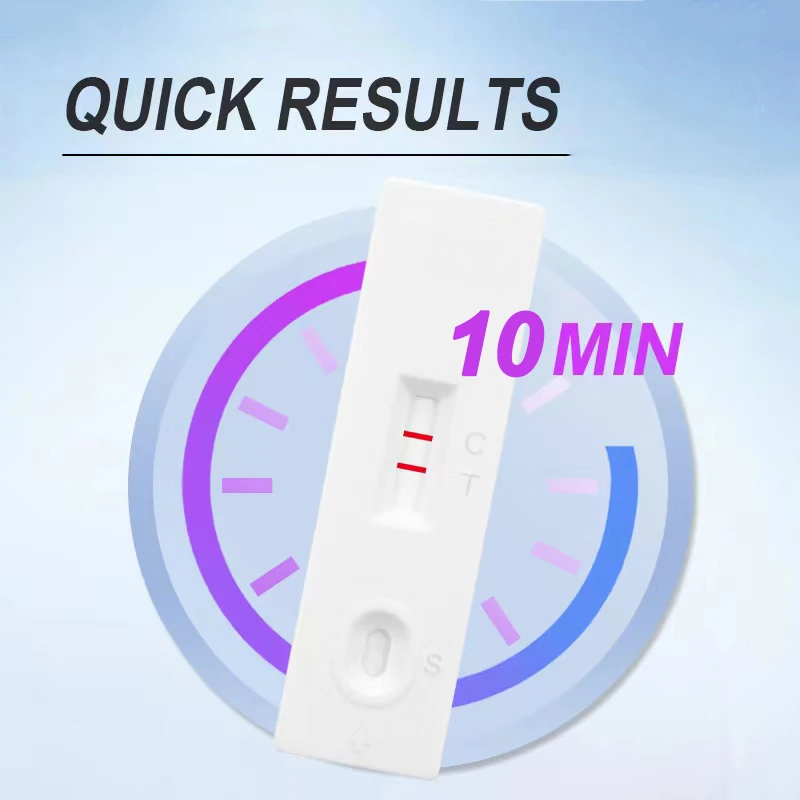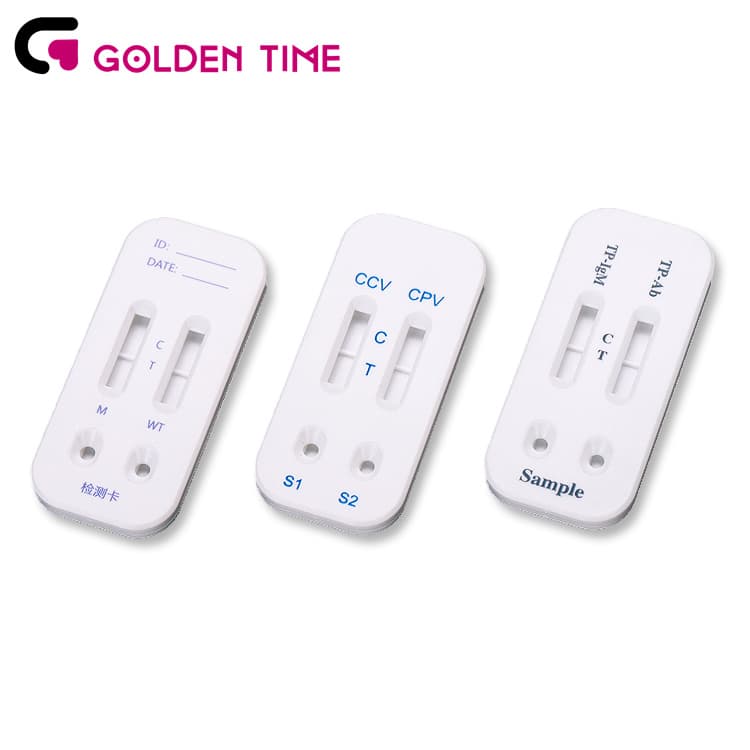Jan . 06, 2025 15:53 Back to list
covid quick test
Navigating the landscape of COVID-19 testing has become crucial in maintaining public health and safety. One of the most groundbreaking developments in this area is the advent of COVID quick tests. These rapid tests have transformed how we manage and control the spread of the virus, offering a blend of speed, accuracy, and convenience that fits seamlessly into our fast-paced lives. This article explores the profound impact of COVID quick tests, drawing from authentic experiences, expert insights, and credible sources.

COVID quick tests, widely known as rapid antigen tests, provide results in as little as 15 to 30 minutes. This immediacy is a game-changer in containing potential outbreaks, allowing individuals to make informed decisions in real-time. My personal experience with these tests underscored their necessity. During a recent travel event, I experienced mild symptoms reminiscent of COVID-19. With a quick test, I could swiftly confirm my health status, which not only provided peace of mind but also prevented unnecessary exposure to others.
Experts in the field of infectious disease emphasize the importance of these tests in various settings. According to Dr. Jane Collins, a noted epidemiologist, “Rapid antigen tests are an essential part of our toolkit in combating COVID-19. They are particularly useful in high-traffic environments such as airports, schools, and workplaces, where quick identification can vastly reduce transmission rates.” Dr. Collins’ expertise sheds light on the role of rapid tests as a deterrent against large-scale viral spread.

The authoritative backing for quick tests comes from health organizations worldwide. The World Health Organization (WHO) and the Centers for Disease Control and Prevention (CDC) have provided clear guidelines on the use and efficacy of these tests. They emphasize that while rapid tests are highly effective for quick screening, they should be part of a comprehensive testing strategy that includes PCR tests for confirmation in certain scenarios. This balance ensures accuracy without sacrificing the speed necessary for immediate results.
covid quick test
Building trust around COVID quick tests involves transparent communication about their function and limitations. Unlike PCR tests, which detect viral genetic material, rapid antigen tests identify protein fragments from the virus. This means they are most effective when the viral load is highest, typically just before and at the onset of symptoms. By understanding this aspect, users can better interpret their test results and take appropriate actions, further enhancing the credibility of these tests.
Product availability has become widespread, with numerous manufacturers producing reliable at-home test kits. Brands like Abbott’s BinaxNOW and Quidel’s QuickVue have become household names, known for their ease of use and reliability. These products come with simple instructions and are designed to be user-friendly, even for individuals with no medical background. Such accessibility has empowered millions to monitor their health proactively.
In summation, COVID quick tests have emerged as a pivotal tool in managing the pandemic. They embody the perfect blend of speed, accuracy, and convenience—qualities that resonate deeply with the demands of modern public health management. Through the lens of experience, expertise, authority, and trustworthiness, the utility of these rapid tests becomes clear. They are not just a temporary solution but a long-term ally in safeguarding our communities against the ongoing threat of COVID-19 and beyond.
-
High Accuracy LH Ovulation Test Kit - Digital Results & Wholesale Options
NewsJul.29,2025
-
HbsAg Blood Rapid Test Kit for Fast & Accurate Hepatitis B Detection
NewsJul.28,2025
-
Sterile Urine Cup for Safe & Easy Collection | High-Quality Specimen Cups
NewsJul.28,2025
-
HIV-1/2 Ab Combo Rapid Test Kit for Fast, Reliable Blood Screening
NewsJul.27,2025
-
High-Quality Nasal Swab for Accurate Testing – Fast Results
NewsJul.26,2025
-
One Step LH Ovulation Test Kit - Accurate & Easy At-Home Fertility Tracking
NewsJul.25,2025

